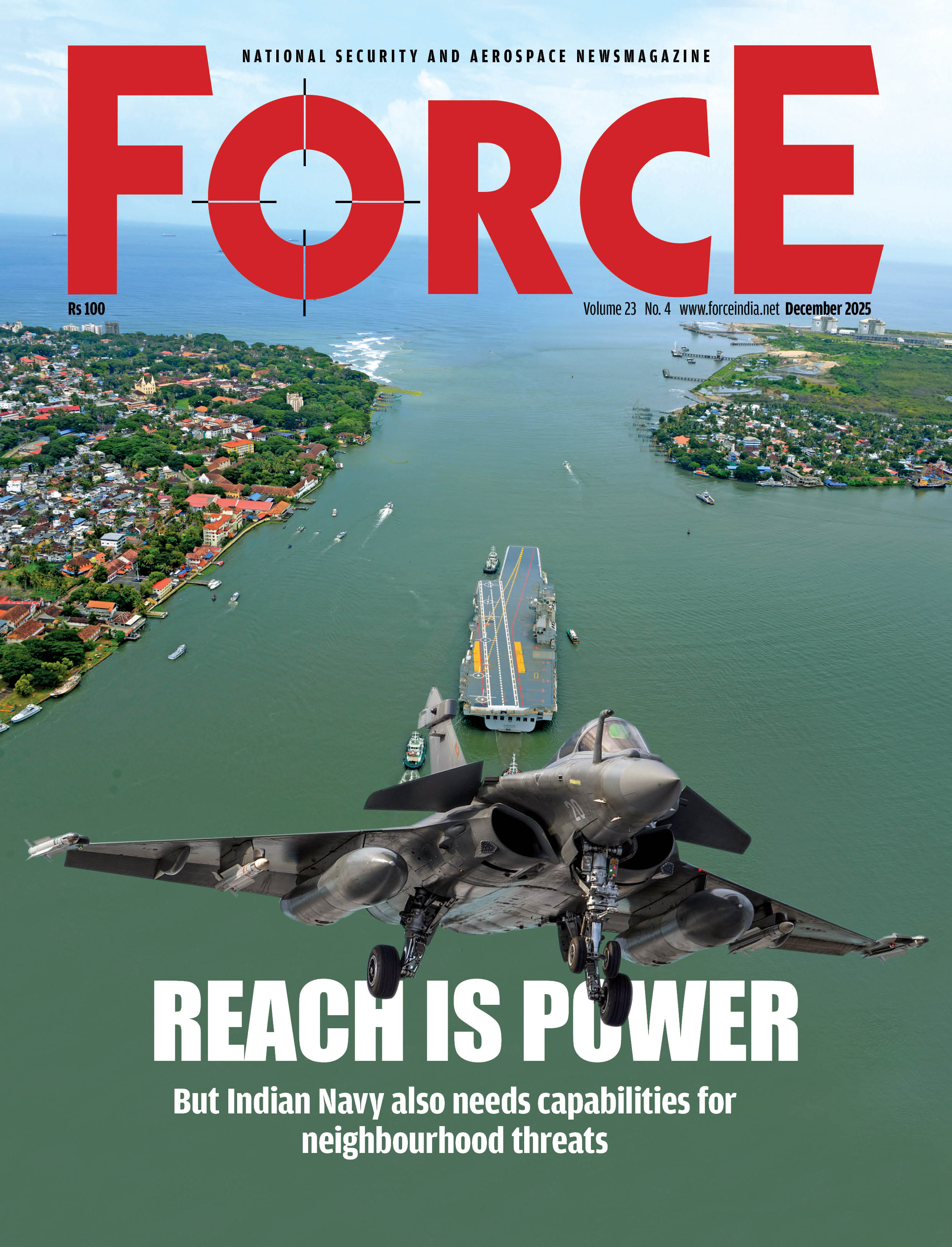Force of the Future
How information technology is changing Chinese shipbuilding industry
Information technology is changing how we do business, shop communicate, make friends, and make war. The information revolution is staggering in its scale. In 2015, global spending on information technology was expected to exceed $3.8 trillion, or double all military spending-procurement, research and development, personnel, construction-by every country on Earth. The scale of this investment, along with continued exponential growth in computing power, practically guarantees disruptive change. Indeed, in the past two years the U.S Navy has demonstrated three novel capabilities that would have been difficult if not impossible without advanced computers-landing an unmanned aircraft on a carrier, landing a tailless aircraft on a carrier, and performing automated aerial refueling with an unmanned aircraft. As the information revolution continues, in what ways might it change warfare?
The Unfolding Information Revolution
The information revolution is upending a range of industries, with applications as wide-ranging as social media, warehouse robots, and home-streaming videos. What is the nature of the information revolution? What are the underlying trends in what information technology enables, and how might these change warfare? Across the many diverse applications of information technology run three core trends: increasing transparency, connectivity, and machine intelligence.
Increasing Transparency
One of the core features of the information revolution is the “datafication” of our world-the generation of large amounts of digital data. Combined with the fact that computers make it almost costless to copy information, this has resulted in a freer flow of information that is making this world increasingly transparent. Satellite images, once the province only of superpowers, are now available free online. Even secret government data is not a secret as it once was. Edward Snowden, a U.S intelligence community contractor, has been reported by the U.S government to have stolen in excess of about 1.7 million documents, the largest leak in history. A leak of such scale would have been nearly impossible in a predigital era. Compare, for example, the Vietnam-era Pentagon papers, seven thousand pages that were photocopied by hand. The datafication of our world combined with the ease with which digital information can be copied and shared is leading to a world that is more transparent, with secrets harder to keep on all sides. Sifting through this massive amount of data, particularly when it is unstructured and heterogeneous, becomes a major challenge.
Increasing Connectivity
Information technology is increasing the degree of conn
Subscribe To Force
Fuel Fearless Journalism with Your Yearly Subscription
SUBSCRIBE NOW
We don’t tell you how to do your job…
But we put the environment in which you do your job in perspective, so that when you step out you do so with the complete picture.








